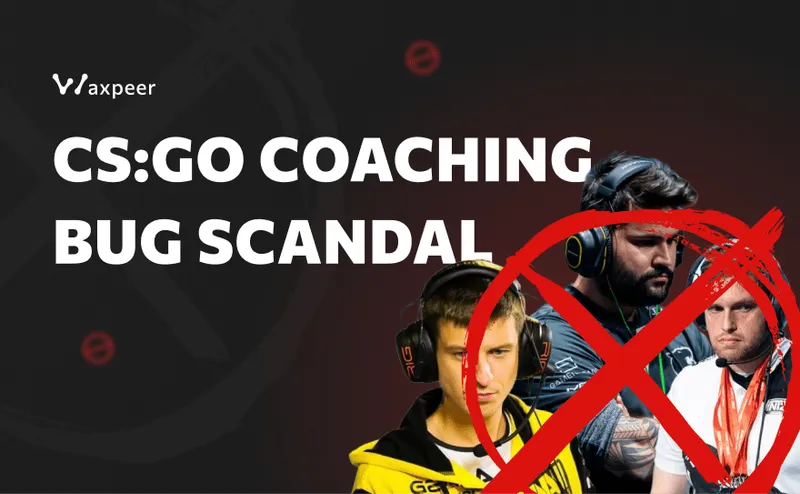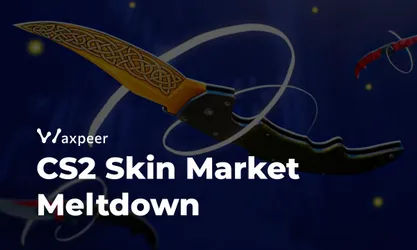The Dark Chapter of CS:GO: The Coaching Scandal That Shook the Gaming World
In August 2020, the Counter-Strike: Global Offensive community was rocked by a massive coaching scandal, which saw nearly 50 coaches banned for cheating. Let's look back at how it was.

In August 2020, the Counter-Strike: Global Offensive community was rocked by a massive coaching scandal, which saw nearly 50 coaches banned for cheating. Let's look back at how it was.
The coach scandal came to light when Michał Sławiński, a former CS:GO player turned referee, discovered a bug that allowed coaches to exploit a competitive advantage by fixing their viewpoint on any part of the map.

The bug had been present in the game since the introduction of the coaching slot, and though Valve had attempted to fix it in 2017, it returned in 2020. Sławiński's tweet exposing the bug initially went unnoticed, but soon after, several coaches admitted to having encountered the bug during recent matches.
As the scandal unfolded, many coaches were banned, with penalties ranging from 11 weeks to 3 years, depending on the severity of the offense. The bans were issued by the Esports Integrity Commission (ESIC), which conducted an extensive investigation into the matter, analyzing over 25,000 demos from matches dating back to 2016.
The ESIC offered leniency to coaches who confessed to their wrongdoing, reducing their bans by 40%. However, not all coaches were forthcoming, and some even denied using the bug to gain an unfair advantage. The consequences of the scandal were far-reaching, with many prominent organizations being implicated and affected.

The coaching scandal highlighted the need for stricter oversight and regulation in the world of competitive gaming, particularly in the realm of CS:GO. It also served as a wake-up call for the community, revealing that cheating was not limited to individual players, but could also involve coaching staff.
In the aftermath of the scandal, Valve took action, disqualifying several teams from major tournaments and resetting their RMR points. This response from Valve underscored the importance of fair play and sportsmanship in the world of esports.
In the spring of 2021, the coaching scandal resurfaced when Sławiński revealed three new ways to activate the bug. Richard Lewis, a journalist and commentator on the esports scene, claimed that there were still at least 27 coaches who had not been penalized for their actions. The ESIC subsequently accused three more coaches, though some organizations stood by their coaches, asserting that they had not sought to gain an unfair advantage.

Today, the coaching scandal seems to have quieted down, with no new cases or bans announced. However, the episode remains a dark chapter in the history of CS:GO and serves as a reminder that the esports community must remain vigilant against cheating and unethical behavior.
As the world of esports continues to grow and evolve, it is essential that we learn from past mistakes and work together to foster a culture of fairness, integrity, and respect for the rules of the game.
SOURCE: Youtube, CYBERSHOKE, Igor Filippov





